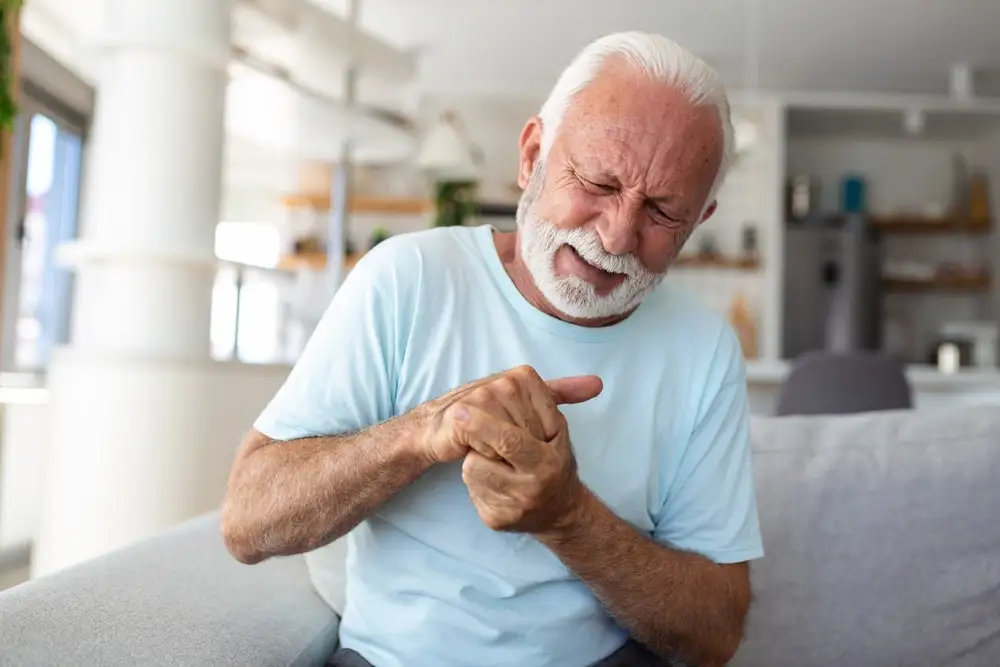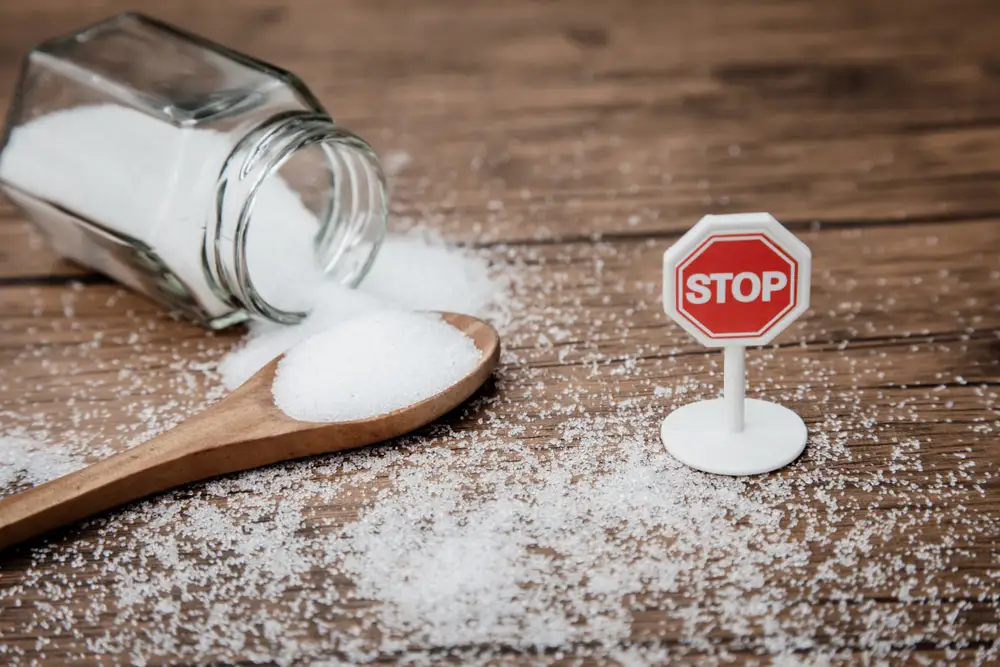Coronavirus (COVID-19) is a respiratory illness caused by a recently identified strain of coronavirus in humans. Here’s everything you need to know about the symptoms of the coronavirus, how to avoid coronavirus, and what to do if you think you may be infected.
Coronavirus Definition: What Is It?
Coronavirus (COVID-19) is a strain of virus that belongs to a large family of viruses that can make humans and animals ill. The virus is contagious and can spread from person to person.
What Are The Symptoms Of Coronavirus?
Coronavirus signs and symptoms include:
A dry cough
Sore throat
Fatigue
Fever
Shortness of breath
The severity of these symptoms vary from person to person. While some people recover easily, others may get very sick very quickly. In rare severe cases, the infection can cause pneumonia, severe acute respiratory syndrome and kidney failure.
Where Did Coronavirus Originate?
The origin of coronavirus started in Wuhan City in China. Chinese authorities reported a new outbreak of coronavirus disease in December 2019.
Who Is Most At Risk Of Severe Illness?
The groups with the highest risk of serious illness from Covid-19 are the elderly, people with suppressed immunities, and people with chronic health conditions – heart disease, kidney disease, liver disease, chronic respiratory disease, diabetes and hypertension.
Is Coronavirus Airborne?
According to the World Health Organisation, COVID-19 is a new disease and we are still learning how it spreads. Airborne spread has not been reported for COVID-19. Instead, it is likely spread via human-to-human contact and human-to-surface contact.
How Is Coronavirus Transmitted?
The coronavirus spreads through close contact with an infectious person, including:
Contact with droplets from an infected person’s cough or sneeze
Touching objects or surfaces (such as doorknobs or tables) that have cough or sneeze droplets from an infected person, and then touching your mouth or face
The virus can live on hard surfaces for up to 9 days.
How To Protect Yourself From Coronavirus
To prevent coronavirus, practice good hygiene. Good hygiene includes:
Washing hands regularly with disinfectant soap and hot water
Using hand sanitiser if you can’t wash your hands straight away, after touching surfaces, food packaging, foods in the supermarket or other people
Coughing/sneezing into your elbow or a tissue (not on your hand)
Washing fruit and vegetables with a mixture of water and white vinegar
Avoiding touching unnecessary surfaces
Avoiding or minimising touching your face (as the virus travels straight into your eye and then your bloodstream or via your nose or mouth). Consider using the back of your hand or shoulder to scratch your face or always wash your hands before touching your face.
Avoiding close contact with others, such as touching
Taking vitamins, getting 8 hours of sleep, eating well and keeping your immunity high
Is Coronavirus Treatable?
While there is currently no treatment for coronavirus, medical care can treat most of the symptoms. Antibiotics are ineffective against viruses.
If you have been diagnosed with coronavirus, it’s best to isolate yourself in your home.
Masks For Coronavirus
Surgical masks in the community are only helpful in preventing people who have coronavirus disease from spreading it to others. If you have a confirmed case, wear a mask in the rare case you need to go out in public (for example, to see a doctor).
If you are well, you do not need to wear a surgical mask.
Where Can I Go To Test For Coronavirus?
If you become unwell and think you may have symptoms of coronavirus, seek medical attention immediately.
Call ahead of time to book an appointment. Inform your doctor about your symptoms, travel history and any recent close contact with someone who has coronavirus.
If you must leave home to see your doctor, wear a surgical mask (if you have one) to protect others from infection.
Algester Medical Centre does not have facilities to test coronavirus. We recommend that patients who have travelled and have flu symptoms attend the local ‘fever clinics’ located at the Princess Alexandra and Logan Hospitals.
How To Isolate Yourself
If you have a confirmed case of coronavirus, you need to isolate yourself to prevent it spreading to other people. This means:
Do not go to public places, such as work, school, shopping centres, childcare or university
If possible, ask other people to get food and other necessities for you and leave them at your front door
Only people who usually live with you should be in your home. Do not let in visitors.
You do not need to wear a mask in your home.
If you need to leave home to seek medical attention, wear a surgical mask (if you have one) to protect others.
For more guidance onthe coronavirus, please check out the link from the Australian Department of Health.
What Causes Mouth Ulcers? How To Treat & Prevent Them Effectively
Mouth ulcers are a common oral condition that affect most people at some point in their lives. They can be uncomfortable, but they are usually harmless and will heal within 10 to 14 days without treatment. Here’s everything you need to know about mouth ulcers, including what they are, what causes them, the best treatments,…
Acute Vs Chronic Medical Conditions
No matter how old or young you are, we are all susceptible to acute and chronic medical conditions. Both conditions differ in how long they last and how severe the diagnosis is. An illness or condition can be as simple as the flu, or in a more severe case cancer or arthritis. Whether it is…
How Much Sugar Per Day?
Sugar is a type of carbohydrate and a source of energy for our bodies. It can occur naturally in foods like fructose in fruit, glucose in fruits and vegetables, and maltose in wheat and barley. However, manufacturers also often add sugar to extend the shelf life of foods, improve their appearance and/or make them taste…




